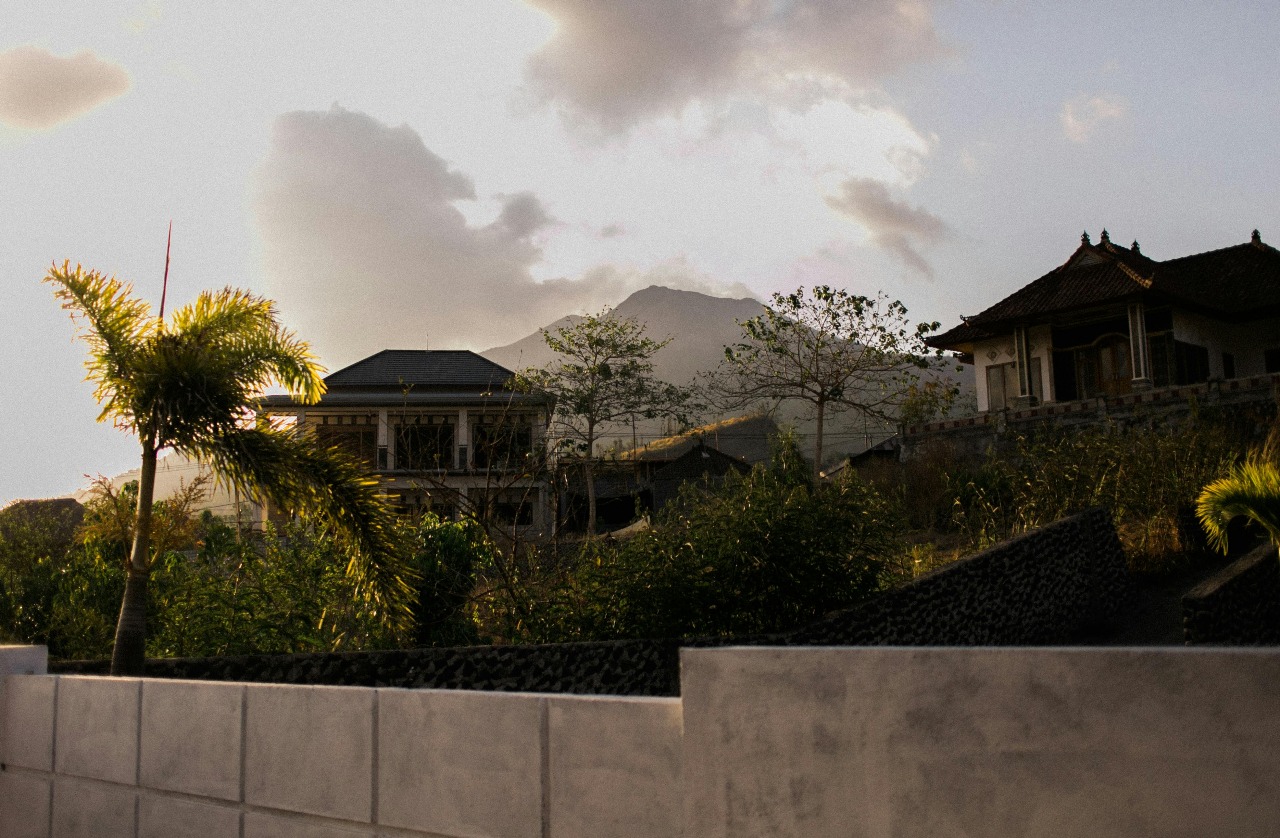Bali is increasingly enforcing regulations and cleaning up illegal tourism operations, especially those built without permits or on agricultural land. Two recent news reports, though from different outlets, tell a connected story of tightening oversight and stronger enforcement.
Strict Ban on Tourism Facilities on Productive Agricultural Land
According to BeritaSatu, Governor Wayan Koster has issued an instruction that bans new tourism-related construction on productive land. Starting 2025, no permits will be granted for hotels, restaurants, or similar facilities on such land. This shows a direct part of the province’s program to clean up illegal tourism and protect agricultural space.
“The instruction has been signed. Starting this year, no more permits will be issued for tourism facilities on productive land,” said Governor Koster during the Bali Regional House of Representatives (DPRD) Plenary Session in Denpasar on Monday (July 28, 2025), as quoted by Antara.
Six Regencies Agree: No New Hotels or Restaurants
A separate report from Detik quotes Governor Koster stating that six regencies in Bali have agreed to stop approving new hotels and restaurants starting in 2026. Their condition: they will still receive a fair share of Hotel & Restaurant Tax (PHR) revenue collected from Denpasar, Badung, and Gianyar (Sarbagia). The six regencies are Buleleng, Karangasem, Jembrana, Klungkung, Tabanan, and Bangli.
What the Ban on Productive Agricultural Land Means for Business Owners & Investors
Regulatory climate is shifting: Bali authorities are now strictly enforcing land-use rules. Especially related to unlicensed tourism facilities.
Proposal to invest? Make sure:
- Your land is not classified as productive agricultural land,
- You obtain all required permits through official channels (OSS and local offices),
- Your business plan aligns with Bali’s spatial master plan and provincial development policy.
- Risks of non-compliance: The government has already demolished nearly 50 illegal tourism structures built on protected land. Operating without proper licensing may lead to revocation of permits, fines, or forced shutdown.
Sources: BeritaSatu, Detik.
Feat. Image via Evgenia Basyrova (pexels)

